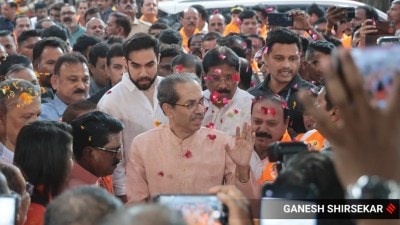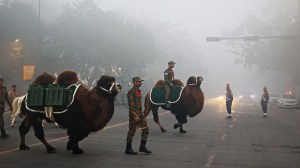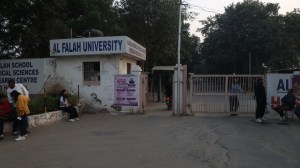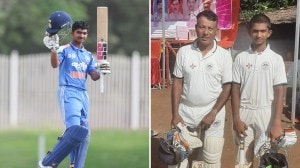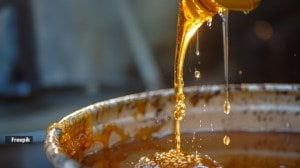Waiting to explode
Curfew was imposed in some more areas in Jalandhar as tension prevailed and the body of a Dalit killed in yesterday8217;s police firing was...

Curfew was imposed in some more areas in Jalandhar as tension prevailed and the body of a Dalit killed in yesterday8217;s police firing was cremated under tight security this afternoon.
Minor incidents of arson and damage to vehicles were reported from parts of the city and most shops remained closed.
As city areas and Talhan village reel under curfew, Chief Minister Amarinder Singh is facing a piercing attack from the Opposition. Politically, too, Congress is at the receiving end and Amarinder told the media that Congress president Sonia Gandhi has already called him twice. 8216;8216;I have to submit a report to her by 6 pm today,8217;8217; he said.
As Amarinder raced against the clock to rustle up the report, the haste was in sharp contrast to the almost criminal neglect of the issue for five months.
For the first time in Punjab8217;s contemporary history, caste violence has marred Dalit politics. With their sons working in the Gulf, the living standards of Dalits in Doaba have changed, and the feudal Jat community seems unable to reconcile with this.
Doaba, over the past two decades has witnessed the birth of a Dalit consciousness, producing a figure like Kanshi Ram. With 38 per cent of its population being Dalits, Doaba even tops Punjab8217;s figure of 30 per cent Dalit population, the highest ratio in the country.
Yet, Dalits own a measly 2.54 per cent of the agricultural land, linger far behind in literacy tables and have failed to throw up any significant leadership.
Dalits wanted to be part of the 13-member management committee of the shrine, which rakes in Rs 4-5 crore in annual offerings. The Dalit move to press for an election for a new committee on January 14 this year triggered off violence. Jats responded with a call for social boycott and they even threatened a Rs 10,000 fine for any Jat violating the call.
Ever since, the two communities have been living on the edge. As Jats refused to sell fodder, milk or vegetables to the Dalit residents, and no Dalit or Jat dare enter the streets populated by the other community, an SP-level inquiry lingered on, and the field was left open for outsiders to fish in troubled waters.
Orthodox Akali leaders declared the shrine a gurdwara. They even got the Jats to undergo baptism, sport flowing beards and then declared that since Dalits are not baptised Sikhs, they cannot be part of the shrine8217;s management. Dalit protests that it was a samadh-shrine went unheeded, as did the recommendations of the National Commission for SC/ST.
Talhan may not have happened if that leadership had been there, but political experts say the imbroglio may be a symptom of birthpangs of just such a leadership.
- 01
- 02
- 03
- 04
- 05


